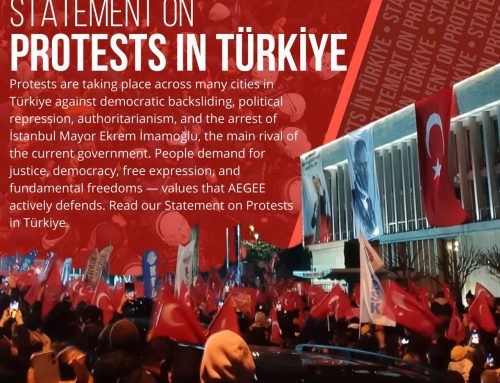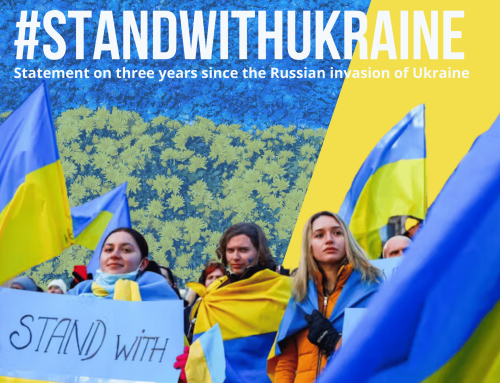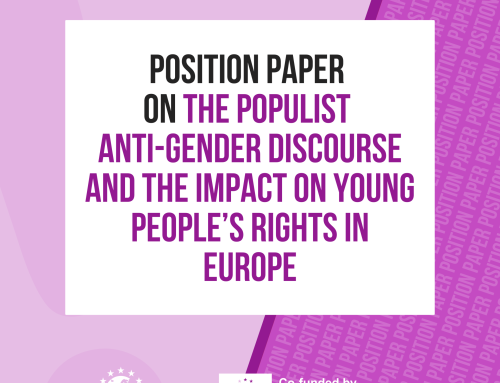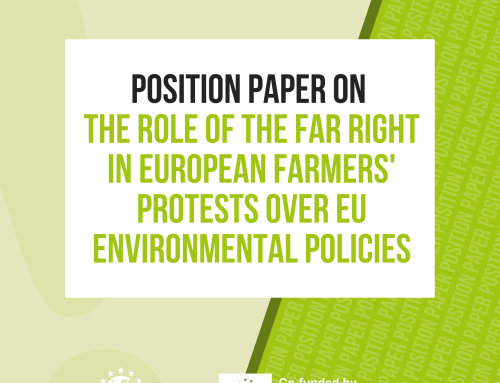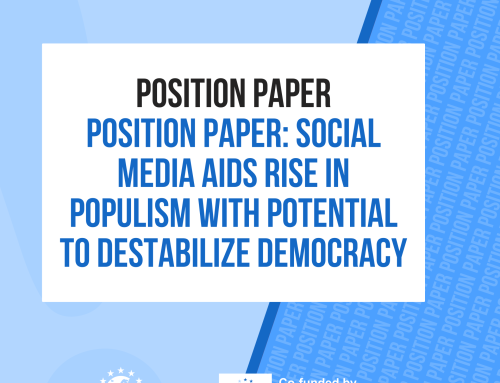Turkey is not in the news anymore. The focus of the media shifted to more pressing events in other parts of the world, like Brazil (first because of the massive protests there, later because of a football championship). Even the new massive protests in Egypt are not on the first page of the newspapers anymore; after one month of people in the street, tear gas and messages against their government, attention is focused now in where in the world is hidden Mr. Snowden.
However, in Turkey normality has not come back. There are still groups of citizens which non-violent protest on the streets, while most of the people recover from their injuries at home. Citizens try to forget the nightmares of running in front of the police or being detained, and some live with fear that their government may find that they were active on the protests in Facebook or twitter, and will go after them. Something has however changed among the Turkish youth, and as one of them voiced out, the difference is that now they “hope that things will change”.
There is one face of the conflict that has not received enough attention. Let me tell you the case of Elisa Couvert: a French student who, after being Erasmus in Istanbul last year, decided to stay and study a postgraduate course there. She also was volunteering for the Human Rights Association. When the protests started, she joined the crowd claiming for more freedom and more democracy in the country where she had decided to spend several years of her life. She ended up searching refuge from tear gas in the office of a political party, where police entered and detained several people. She was kept in detention for too long without any charge, and finally freed just to see, some days later, how her residence permit had been revoked. She was therefore deported last week back to France.
News report that during the whole process, she was denied the right to information, the right for an interpreter, she was kept way too long in detention without charges… Not to mention that the conditions of the detention center were quite poor and she was treated with little respect. This happened to a foreigner, to a citizen of the European Union, therefore we can assume that their own citizens have suffered the same fate, or even worse. Special concern has been raised among Human Rights NGOs for the treatment of the minorities which were so active in the Turkish protests.
It is sad that Turkey has decided to deport a Human Rights activist, but this can be seen as part of the whole strategy of blaming external agents for the protests. Instead of reflecting on the real causes of the discontent, the government of RT Erdogan tried to find a scapegoat abroad. The crisis management of the protests by the authorities, instead of calming down the situation, dragged more and more people to the streets with inflammatory messages and outrageous treatment in the mass media. People answered with humour and turned then to Social Media for getting the information, which caused Twitter to be accused of being “the worst menace for society”.
The case of Elise Couvert has had almost no impact on European news. This lack of attention in media and the lack of reaction of the French Government (and the European institutions) to this violation of the rights of one of its citizens is very worrying. The Turkish government has failed to provide a justification to the deportation, there was no solid evidence against Elisa Couvert, but she has seen herself expelled from Turkey in another authoritarian decision of the Turkish government. AEGEE-Europe calls for a reaction on this matter, we want the European Union to stand with this girl who just wanted to pursue her studies in a more democratic Turkey.



